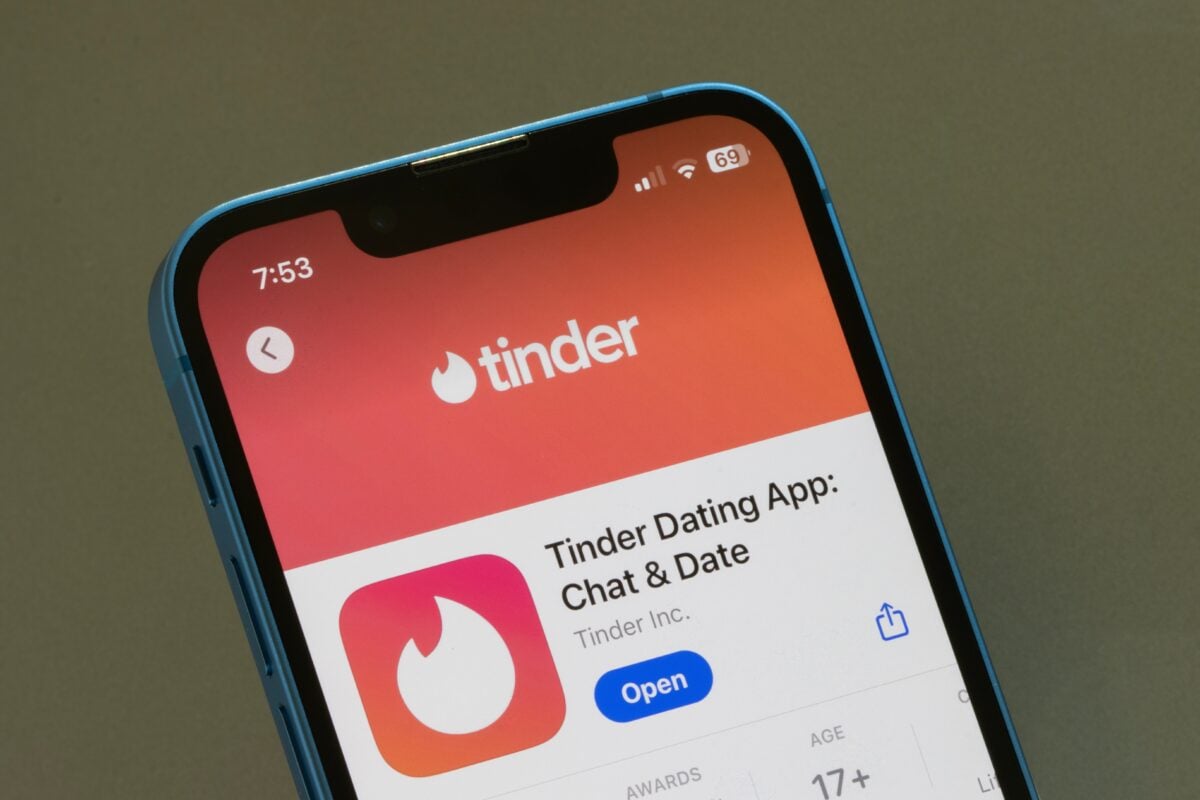TLDR;
Contents
- Match Group will pay $14 million to settle FTC claims of misleading dating app subscription practices.
- FTC alleged Match used scam-linked messages to lure users into paid subscriptions since 2019.
- Settlement requires clearer guarantees, easier cancellations, and no penalties for disputed charges.
- FTC continues broad crackdown on tech firms over deceptive and anti-consumer practices.
Match Group, the parent company behind leading dating platforms like Tinder, Match, OkCupid, Hinge, and Plenty of Fish, has agreed to a $14 million settlement with the US Federal Trade Commission (FTC).
The resolution ends a lawsuit first filed in 2019, which accused the company of misleading users into purchasing subscriptions.
The FTC alleged that Match sent promotional emails about messages from accounts it had already flagged as likely fraudulent or linked to scams. According to regulators, these tactics tricked users into paying for subscriptions to view and respond to such messages.
The FTC confirmed that the settlement funds will be directed toward compensating affected consumers who fell victim to these deceptive practices.
Account Lockouts and Difficult Cancellations
In addition to misleading subscription marketing, Match Group faced allegations of locking users out of their accounts after they disputed charges while retaining their payments without providing services.
The company was also accused of making the cancellation process overly complicated, effectively discouraging users from ending their subscriptions.
Under the settlement terms, Match Group must now clarify its “six-month guarantee” for subscribers, refrain from penalizing users who dispute charges, and implement more transparent and straightforward cancellation options.
Part of a Larger FTC Crackdown on Tech Companies
While the $14 million payout is smaller than penalties imposed on major tech firms like Facebook’s record $5 billion privacy fine in 2019, the FTC said the settlement reflects the scale and scope of the alleged violations.
The case is part of a broader enforcement trend by the FTC, targeting deceptive and anti-consumer practices across various sectors.
From social media to dating platforms, the agency has signaled that violations will result in significant financial consequences regardless of company size or industry.
Business Model Tensions in the Dating App Industry
The settlement also sheds light on the inherent conflicts in dating app monetization strategies. Subscription-driven revenue models create pressure to retain paying users, potentially leading companies to prioritize profits over user satisfaction.
The FTC’s claims that Match leveraged scam-related notifications to increase subscription sales highlight these tensions. Industry surveys show that dating app users spend an average of $36 per month on subscriptions, with some spending over $100 across multiple apps. This spending dynamic, regulators argue, can incentivize platforms to withhold or manipulate matches to drive continued payments.
With stricter rules now in place for Match Group, consumer advocates hope the industry will adopt more transparent and ethical subscription practices. Meanwhile, the FTC’s ongoing oversight suggests that other dating and subscription-based platforms may soon face similar scrutiny.


